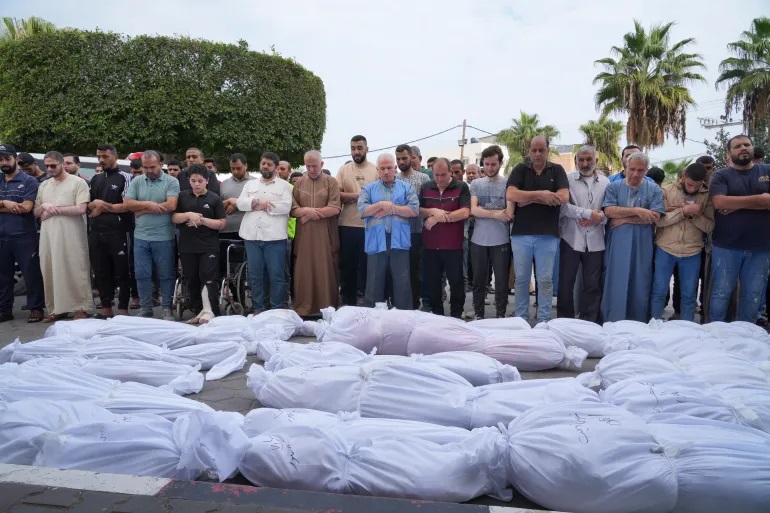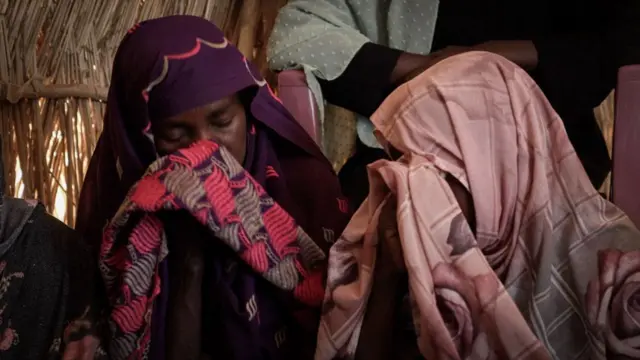By umuringanews.com
In the shadows of the ongoing conflict, a grim reality unfolds in Gaza that many have termed a silent genocide. The term “genocide” conjures images of mass atrocities, deliberate killings, and systematic destruction of a people. For years, the people of Gaza have been living under a blockade, facing severe restrictions on movement, access to essential resources, and constant bombardments, resulting in a humanitarian catastrophe that experts and advocates argue meets the criteria of a genocide.
Gaza, a densely populated strip of land bordered by Israel and Egypt, has been under a blockade for over 15 years. This blockade has devastated its economy, infrastructure, and access to basic human needs like food, water, healthcare, and electricity. According to recent reports, over 80% of Gazans rely on international aid to survive, and unemployment has soared to over 50%. Hospitals are overwhelmed and lack essential medical supplies, and clean water is a rare commodity, with 97% of the water in Gaza deemed unsafe for human consumption.
In this investigation, we uncover the systematic targeting of civilian infrastructure, including schools, hospitals, and residential buildings. Testimonies from residents and international humanitarian organizations reveal that repeated military operations have resulted in thousands of civilian casualties, many of whom are children. Families are torn apart, and those who survive endure the trauma of living under the constant threat of violence. Despite the destruction, rebuilding efforts are stymied by restrictions on the import of materials needed to reconstruct homes and infrastructure, trapping Gazans in a perpetual cycle of destruction and despair.
The use of the term “genocide” in relation to Gaza is highly controversial and has sparked heated debates in international circles. Legal experts argue that genocide involves the intent to destroy, in whole or in part, a national, ethnical, racial, or religious group. Advocates for Gaza point to a combination of actions — from systematic deprivation of basic needs to repeated military assaults and blockades — that they argue are indicative of genocidal intent.
International response has been characterized by a mix of condemnation and calls for ceasefires, yet little tangible action has been taken to address the root causes of the crisis. Major powers continue to provide military support to the parties involved, further complicating efforts for peace. Meanwhile, global humanitarian organizations repeatedly warn of a looming catastrophe, with Gaza’s population suffering the brunt of a conflict that has no end in sight.
Activists and human rights organizations have called for international intervention, demanding that the world acknowledges what is happening in Gaza as more than just a conflict. They argue that the global community must recognize the systematic nature of the violence, address the power imbalances that perpetuate the suffering, and hold those responsible to account.
While the debate over the term “genocide” continues, the reality on the ground is that Gaza is facing a humanitarian disaster of staggering proportions. The international community’s inaction is enabling the continued suffering of millions, raising questions about the effectiveness of global human rights mechanisms and the political will to prevent mass atrocities.
This investigation aims to shed light on the unfolding crisis in Gaza, challenging the narrative of inevitability and emphasizing the urgent need for a renewed global commitment to human rights and justice.






